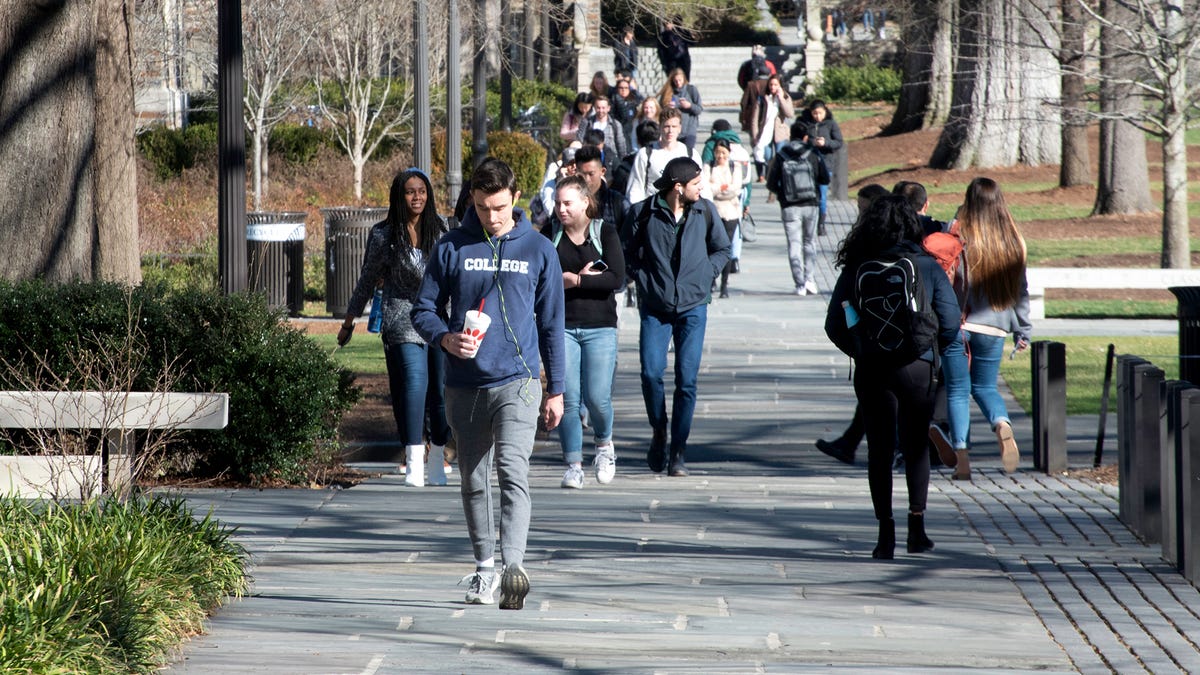- Joined
- Oct 13, 2014
- Messages
- 2,373
- Reaction score
- 2,118

Bernie Sanders unveils plan to cancel all $1.6 trillion of student loan debt
Sen. Bernie Sanders unveiled a plan to cancel $1.6 trillion of student loan undergraduate and graduate debt for approximately 45 million people. His ambitious plan has no eligibility limitations and would be paid for with a new tax on Wall Street speculation.
 www.wtva.com
www.wtva.com
No pre-qualification or limit cap. Anyone and everyone that has student debt will have it all forgiven. How? Taxing Wall Street on stock trades, bonds, and derivatives.
For those current pharmacists with current loan debt, do you feel possible relief? Will it go through? Would current students try to max out unsubsidized, grad plus loans to take advantage of a taxation that may affect your retirement funds?
Personally I don't agree with it nor think it'll work. But curious what current pharmacy investment traders and those with student debt think of the proposal.



